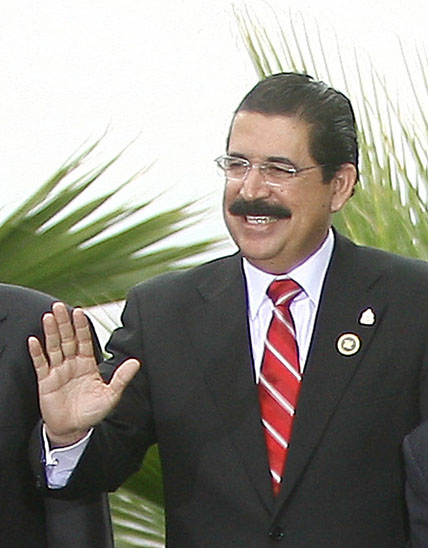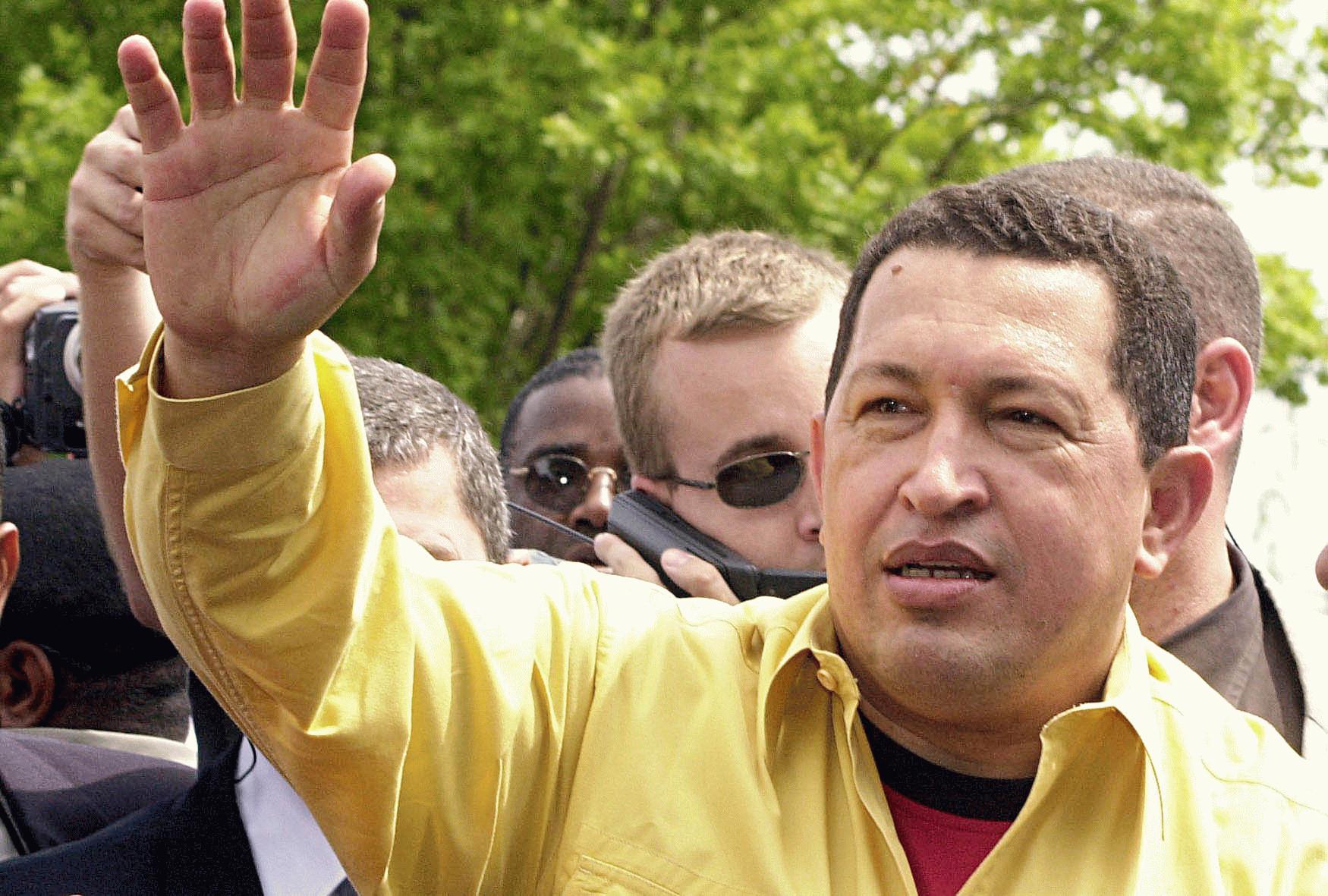|
Grupo Paz Y Democracia
Peace and Democracy Group ( es, Grupo Paz y Democracia) is a Honduran non-governmental organization. Headed by Martha Diaz and funded by USAID, it publicly backed the 2009 Honduran coup d'état, terming the coup a "transition" to democracy in response to an "illegal quest" by deposed president Manuel Zelaya José Manuel Zelaya Rosales (born 20 September 1952)Encyclopædia BritannicaManuel Zelaya/ref> is a Honduran politician who was President of Honduras from 27 January 2006 until 28 June 2009, and who since January 2022 serves as the first Fir ... to change the constitution's laws on presidential term limits. References Political organizations based in Honduras {{Politics-stub ... [...More Info...] [...Related Items...] OR: [Wikipedia] [Google] [Baidu] |
USAID
The United States Agency for International Development (USAID) is an independent agency of the U.S. federal government that is primarily responsible for administering civilian foreign aid and development assistance. With a budget of over $27 billion, USAID is one of the largest official aid agencies in the world and accounts for more than half of all U.S. foreign assistance—the highest in the world in absolute dollar terms. Congress passed the Foreign Assistance Act on September 4, 1961, which reorganized U.S. foreign assistance programs and mandated the creation of an agency to administer economic aid. USAID was subsequently established by the executive order of President John F. Kennedy, who sought to unite several existing foreign assistance organizations and programs under one agency. USAID became the first U.S. foreign assistance organization whose primary focus was long-term socioeconomic development. USAID's programs are authorized by Congress in the Foreign Assistanc ... [...More Info...] [...Related Items...] OR: [Wikipedia] [Google] [Baidu] |
2009 Honduran Coup D'état
The 2009 Honduran coup d'état, part of the 2009 Honduran constitutional crisis, occurred when the Honduran Army on 28 June 2009 followed orders from the Honduran Supreme Court to oust President Manuel Zelaya and send him into exile. Zelaya had attempted to schedule a non-binding poll on holding a referendum on convening a constituent assembly to rewrite the constitution. Zelaya refused to comply with court orders to cease, and the Honduran Supreme Court issued a secret warrant for his arrest dated 26 June. Two days later, Honduran soldiers stormed the president's house in the middle of the night and detained him, forestalling the poll. Instead of bringing him to trial, the army put him on a military aeroplane and flew him to Costa Rica. Later that day, after the reading of a resignation letter of disputed authenticity, the Honduran Congress voted to remove Zelaya from office, and appointed Speaker of Congress Roberto Micheletti, his constitutional successor, to replace him. ... [...More Info...] [...Related Items...] OR: [Wikipedia] [Google] [Baidu] |
Manuel Zelaya
José Manuel Zelaya Rosales (born 20 September 1952)Encyclopædia BritannicaManuel Zelaya/ref> is a Honduran politician who was President of Honduras from 27 January 2006 until 28 June 2009, and who since January 2022 serves as the first First Gentleman of Honduras. He is the eldest son of a wealthy businessman, and inherited his father's nickname "Mel". Before entering politics he was involved in his family's logging and timber businesses. Elected as a liberal, Zelaya shifted to the political left during his presidency, forging an alliance with the Bolivarian Alliance for the Americas known as ALBA. On 28 June 2009, during the 2009 Honduran constitutional crisis, he was seized by the military and sent to Costa Rica in a coup d'état. On 21 September 2009 he returned to Honduras clandestinely and resurfaced in the Brazilian embassy in Tegucigalpa. In 2010, he left Honduras for the Dominican Republic, an exile that lasted more than a year. He now represents Honduras as a de ... [...More Info...] [...Related Items...] OR: [Wikipedia] [Google] [Baidu] |
Honduran Constitutional Referendum, 2009
The ''cuarta urna'' or fourth ballot box referendum was a plan by Honduran president Manuel Zelaya to run a non-binding referendum to consult the public regarding the administration of a second, binding referendum to convoke a constitutional assembly. The referendum was planned to run concurrently with the November 2009 presidential, congressional, and mayoral elections (i.e. the first three ballot boxes). Some Hondurans opposed the plan, including many politicians from the two largest parties. When Zelaya pushed ahead with plans for this referendum (subsequently structured as a government-run 'poll') on whether to include a fourth ballot box (the second referendum), the Supreme Court issued a warrant for his arrest and the army expelled him from the country in a June 28 coup d'etat, precipitating the 2009 Honduran constitutional crisis. Honduras and ALBA On July 22, 2008, Zelaya had revealed that he was seeking to incorporate the country into the ALBA, an organization founded by ... [...More Info...] [...Related Items...] OR: [Wikipedia] [Google] [Baidu] |



